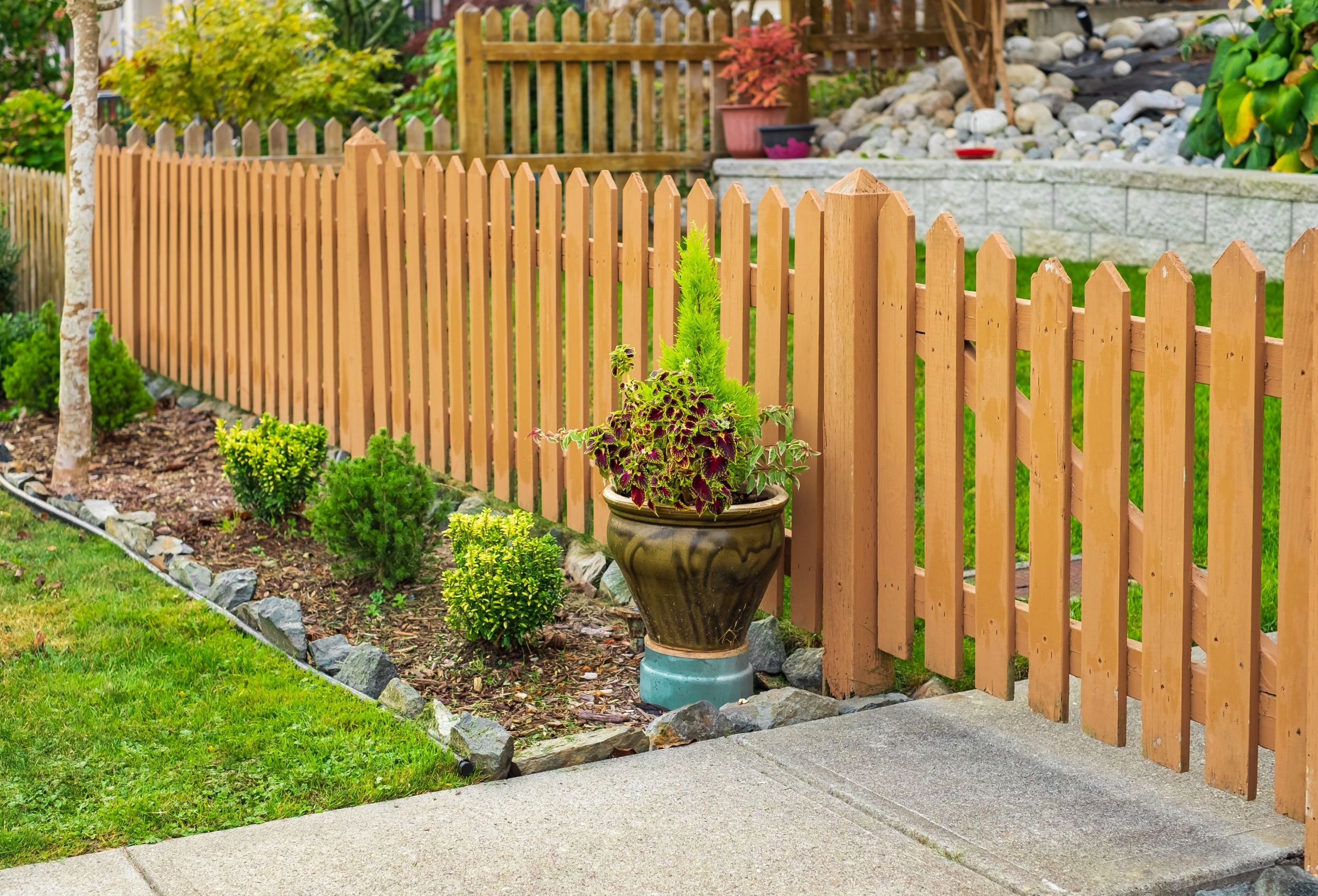All Categories
Featured

When it comes to picking the finest fence product for durability, functioned iron stands out as one of the most trusted and durable alternatives available. Allow's take a more detailed look at wrought iron fence and just how it stacks up versus choices like wood, light weight aluminum, and vinyl.
Stamina and Longevity of Wrought Iron Secure Fencing. Unlike many other fencing options, functioned iron can endure rough environmental problems, including extreme warm, hefty rain, and even solid winds. Due to the fact that it is a steel, functioned iron is not vulnerable to the wear and tear that timber fencings commonly experience, such as rotting, warping, or insect infestations.
Resilience: Wrought iron fencings are incredibly hard and can endure effects and various other forms of physical anxiety that could damage various other products. When correctly maintained, they can last for half a century or even more, making them an investment that will supply lasting value.
Wrought Iron vs. Timber Fence. Wooden fencings, while typical and visually pleasing, commonly require even more upkeep and have a much shorter life-span contrasted to wrought iron. Timber is vulnerable to rot, termites, and weathering gradually, every one of which can jeopardize its architectural honesty. Furthermore, timber fencings may require to be replaced or fixed every 10 to twenty years, relying on the climate and the type of timber used.
Upkeep: While timber fences require to be on a regular basis treated with stains, sealers, or paints to preserve their appearance and longevity, functioned iron fences normally need a lot less maintenance. They may need periodic cleansing or repainting to avoid corrosion, particularly in seaside or damp locations, however they will not suffer from the same sorts of deterioration as timber.
Long life: While a properly maintained wood fence might last 20 to 30 years, wrought iron can exceed that life expectancy by a number of years, making it an extra resilient option in the future.
Wrought Iron vs. Plastic Fencing. Plastic secure fencing has become a preferred choice to wood as a result of its low upkeep and resistance to the components. Unlike wood, vinyl doesn't rot or warp, and it doesn't need to be painted or treated. Nonetheless, plastic can become breakable over time, particularly in regions with extreme winters or severe UV direct exposure. It might damage or break under stress, such as from a heavy impact or a severe tornado.
Toughness: While plastic is resistant and relatively long lasting to rot and fading, it still can't match the long-lasting toughness and strength of functioned iron. A vinyl fencing could last around 20 to three decades, depending upon environmental aspects, yet it lacks the structural stability that wrought iron gives.
Upkeep: Plastic requires marginal maintenance compared to timber, but it can still fade with time, specifically in locations with extreme sunlight exposure. Wrought iron might require periodic rust avoidance treatments yet generally needs fewer interventions than plastic.
Wrought Iron vs. Light Weight Aluminum Fence. Light weight aluminum is an additional metal alternative to functioned iron, and while it shares some of the toughness qualities of functioned iron, it is normally much less sturdy and solid. Aluminum is a lot more immune and lightweight to rust and rust, making it a prominent selection for low-maintenance fencing. It's not as solid as wrought iron and might be a lot more susceptible to flexing or nicking under stress.

Longevity: Wrought iron is considerably stronger and a lot more durable than light weight aluminum. While aluminum fencings can last for a number of decades, they may not hold up too in high-traffic or high-impact areas. On the other hand, wrought iron is a lot more immune to physical damage and can better withstand stress and pressure.
Maintenance: Both functioned iron and light weight aluminum fences need some maintenance, largely to avoid corrosion. Nevertheless, light weight aluminum is less most likely to rust than wrought iron, making it a more low-maintenance choice in locations with high humidity or coastal salt exposure.
Last Ideas: Wrought Iron's Durability Advantage. Wrought iron attracts attention as one of one of the most durable fence products offered, outperforming wood, plastic, and aluminum in terms of toughness, longevity, and overall efficiency. While it does need occasional maintenance, especially to stop corrosion, its capability to stand up to severe weather conditions, physical stress, and the examination of time makes it an outstanding financial investment for companies and home owners looking for a durable, secure fencing service.
For those that focus on stamina and longevity over all else, functioned iron is an unequalled selection. Whether you're safeguarding a household home, improving the look of your lawn, or providing safety for a commercial website, wrought iron fence will certainly give decades of sturdiness and visual charm that couple of various other materials can match.
Latest Posts
Dependable Commercial Roofing Providers by Weathercraft
Published May 26, 25
2 min read
Safeguard and Enhance Your Home with Weathercraft's Siding Providers
Published May 23, 25
1 min read
Find the Premier Auto Repair Coupons in Montclare, Chicago
Published May 23, 25
1 min read